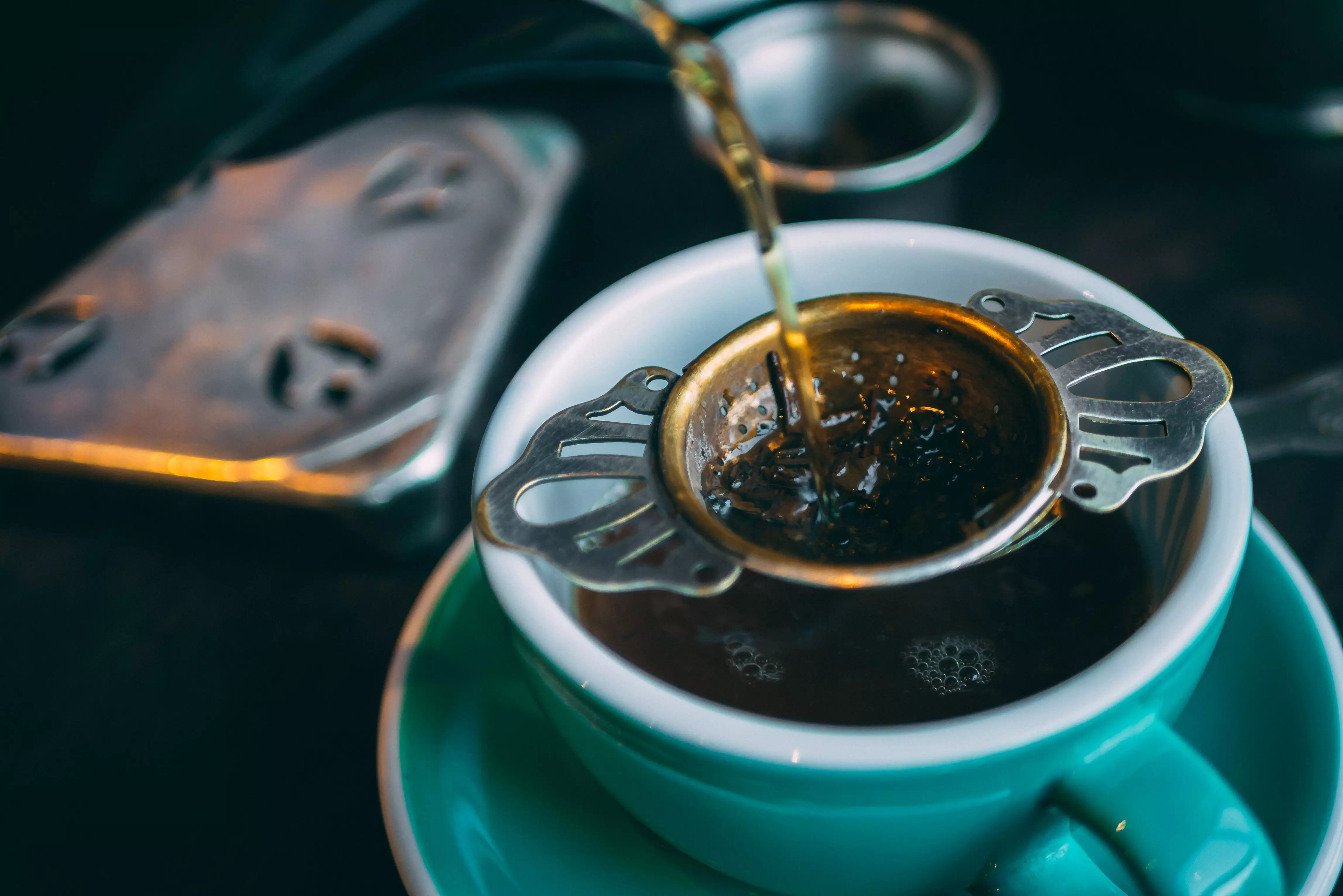Summary of our market study
to understand this market
Detailed content of our market study
 Inforamtion
Inforamtion
- Number of pages : 35 pages
- Format : Digital and PDF versions
- Last update :
 Summary and extracts
Summary and extracts
1 Market overview
1.1 Definition and scope of study
With 1.5 billion cups drunk every day, tea is the second most widely consumed beverage in the world after water. established in China, introduced to Japan in the late 8th century and an integral part of British culture, tea also has a special place in Middle Eastern cultures. The global nature of tea is reflected in the long list of countries in which it is consumed.
Tea is a beverage made from the leaves of the tea plant (around 200 species), infused in hot water. Teas are differentiated by their colors (black, green, oolong, yellow, white and post-fermented), which differ according to the processing of the harvested leaves. Rooibos or "red tea" is in fact an infusion obtained from the leaves of the Aspalathus linearis, found only in South Africa, and not from the tea plant.
Consumption habits differ from country to country. In Spain, tea is not one of the beverages traditionally consumed, unlike coffee or hot chocolate. Indeed, for a long time, tea and infusions were strongly associated with the world of health. In recent years, however, the country has seen a boom in tea consumption, accompanied by a masculinization of the consumer base, which has led to a gradual expansion of the market. Value sales of tea in Spain rose by +3.4% in 2019. The Spanish tea market, which is still in a development phase, offers very promising prospects.
All our studies are available online in PDF format
Take a look at an example of our research on another market!
 Choosing this study means :
Choosing this study means :
Access to more than 35 hours of work
Our studies are the result of over 35 hours of research and analysis. Using our studies allows you to devote more time and added value to your projects.
Benefit from 6 years' experience and over 1,500 industry reports already produced
Our expertise enables us to produce comprehensive studies in all sectors, including niche and emerging markets.
Our know-how and methodology enable us to produce reports that offer unique value for money.
Access to several thousand articles and paid-for data
Businesscoot has access to all the paid economic press as well as exclusive databases to carry out its market research (over 30,000 articles and private sources).
To enhance our research, our analysts also use web indicators (semrush, trends, etc.) to identify market trends and company strategies. (Consult our paying sources)
Guaranteed support after your purchase
A team dedicated to after-sales service, to guarantee you a high level of satisfaction. +44 238 097 0676
A digital format designed for our users
Not only do you have access to a PDF, but also to a digital version designed for our customers. This version gives you access to sources, data in Excel format and graphics. The content of the study can therefore be easily retrieved and adapted for your specific needs.
 Our offers :
Our offers :
the tea market | Spain
- What are the figures on the size and growth of the market?
- What is driving the growth of the market and its evolution?
- What is the positioning of companies in the value chain?
- Data from several dozen databases
5 reports pack (-15%) ES Spain
- 5 reports at €75.6 excluding VAT per study to choose from our Spanish catalogue for 12 months
- Save 15% on additional studies purchased
- Choose to be refunded any unused credit at the end of the 12-month period (duration of the pack)
See the terms and conditions of the pack and the refund of unused credit.


















